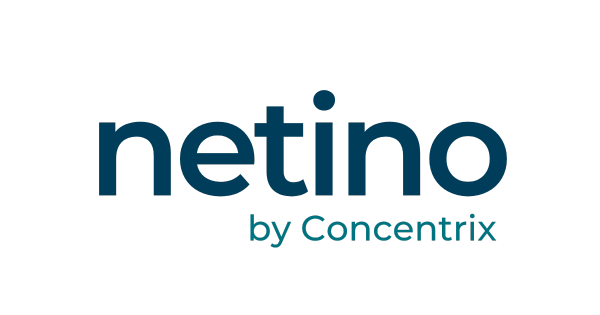AI in Social Media: A Digital Revolution
Artificial Intelligence (AI) has made its way into the media and social networks! In the digital age, media and platforms are increasingly reliant on AI to provide more personalized content, enhance user engagement, and even detect fake news.
Let’s take a closer look at this newcomer in our lives!

| Artificial Intelligence: Going Back to Basics
AI brings us many advantages, but it is not without flaws! Understanding irony, adapting to new languages, detecting fake news… These are all points that still raise too many questions.
Today, it is used in various fields such as the media for content creation and restoration, as well as in security for data detection and analysis to identify threats.
AI systems are capable of monitoring and analyzing billions of real-time contents. They can also quickly detect inappropriate content such as hate speech, misinformation, and other forms of harmful content.
AI is very useful in content classification based on relevance, personalizing recommendations, and automating content moderation tasks. At Netino, our AI is constantly learning with a human team ensuring that the applied verdicts are always correct to enrich the corpus of our proprietary tool, ModeratUs.
| AI as a New Lever for Customer Experience
Social networks and video streaming platforms use AI to personalize user experiences. Algorithms analyze user behavior, preferences, and past interactions to recommend relevant content. This personalization enhances engagement and encourages users to stay longer on these platforms.
For example, Spotify uses artificial intelligence to enhance the music experience for its users. Through advanced machine learning algorithms, the platform deeply analyzes each user’s listening habits, musical history, and preferences. This allows it to make targeted recommendations and personalize the user experience. The audio streaming service has created such excitement that users now share all their data at the end of the year, including their favorite artists, most-listened-to songs, and, most importantly, their listening time, known as “Wrapped.”
TikTok also utilizes AI to optimize its users’ feed algorithms based on their interests, offering content closest to their community. Their artificial intelligence is also very useful for influencers, as it focuses on the subject of a video and determines which elements deserve classification and sampling to assess the performance of specific content. Thanks to this algorithm, everyone has a chance in the “For You” section!
It’s safe to say that personalization with AI keeps users engaged on these platforms for an extended period! For instance, the Chinese platform TikTok broke all records for time spent on a social network, with 95 minutes per day in 2022, surpassing Instagram and Facebook. Its algorithm, which personalizes the app experience, encourages over 29% of its users to return every day.
| Challenges of Artificial Intelligence
There are some concerns regarding AI, particularly its role in the workplace and the future of workers. Its ability to process data quickly and automate most tasks we can perform significantly reduces the time we spend on tasks to do others. But the challenge behind this reduction in working hours is to ensure it doesn’t lead to job losses. The primary goal is to balance AI and work, finding the ideal equilibrium between the roles and boundaries of artificial intelligence and workers.
In April 2021, the European Commission proposed the first EU regulatory framework for AI. Their priority is to ensure that AI systems used in the EU are safe, transparent, traceable, non-discriminatory, and environmentally friendly. To regulate the process, human oversight is favored over automation.
There is also the issue of the spread of fake news. How can we better control data before it spreads, and especially how to train AI to detect fake news? The Research Center for Information (FZI) in Germany launched the DeFaktS project, which aims to train AI by creating data blocks from social networks to recognize typical stylistic elements of fake news and thus reject them.
We can say that AI has revolutionized the personalization of customer experiences on social networks and platforms, thereby improving user engagement.
It is becoming increasingly specialized in the hands of experts in content monitoring and analysis, strengthening the security and quality of our online interactions.

If the challenges and issues of generative artificial intelligence keep you up at night, get in touch with our teams to discuss them!
N'hésitez pas à partager cet article !
"AI in Social Media: A Digital Revolution"

